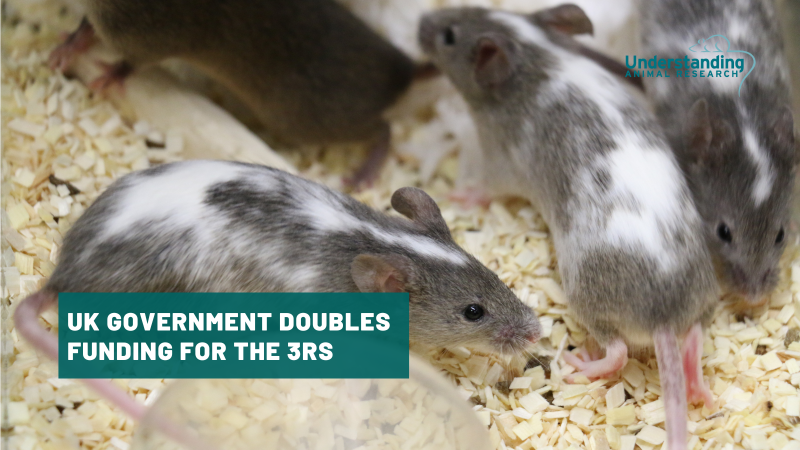Text to go here...
 Zebrafish raised in microgravity, replicating the conditions of space, develop skull defects.
Zebrafish raised in microgravity, replicating the conditions of space, develop skull defects.
The defects don't affect the health of the zebrafish, but the changes could grow to be damaging with future generations raised in a similar environment. The results raise potential problems for extended human space travel, which could require the birth of several generations of children on board the spacecraft.
Scientists placed fertilised zebrafish eggs in a spinning container, which mimicked the weightless conditions of space. The eggs were placed in the container 10 to 14 hours after fertilisation, an important stage in the development of cranial neural crest cells. Cranial neural crest cells give rise to many of the bones in the skull. They were removed 12 to 96 hours later.
The researchers compared the fish from the microgravity environment with those that developed under normal gravity conditions. They found part of the skull corresponding to the jaw in humans to be altered. Adult fish grown from these embryos were also found to be abnormal.
The spinning microgravity environment does not exactly replicate the conditions of space. But researchers hope to repeat the experiment onboard a spacecraft in 2015.
The research was presented last week at the Society for Integrative Biology conference.
Read more about animals grown in microgravity here.
Last edited: 11 January 2022 10:49




